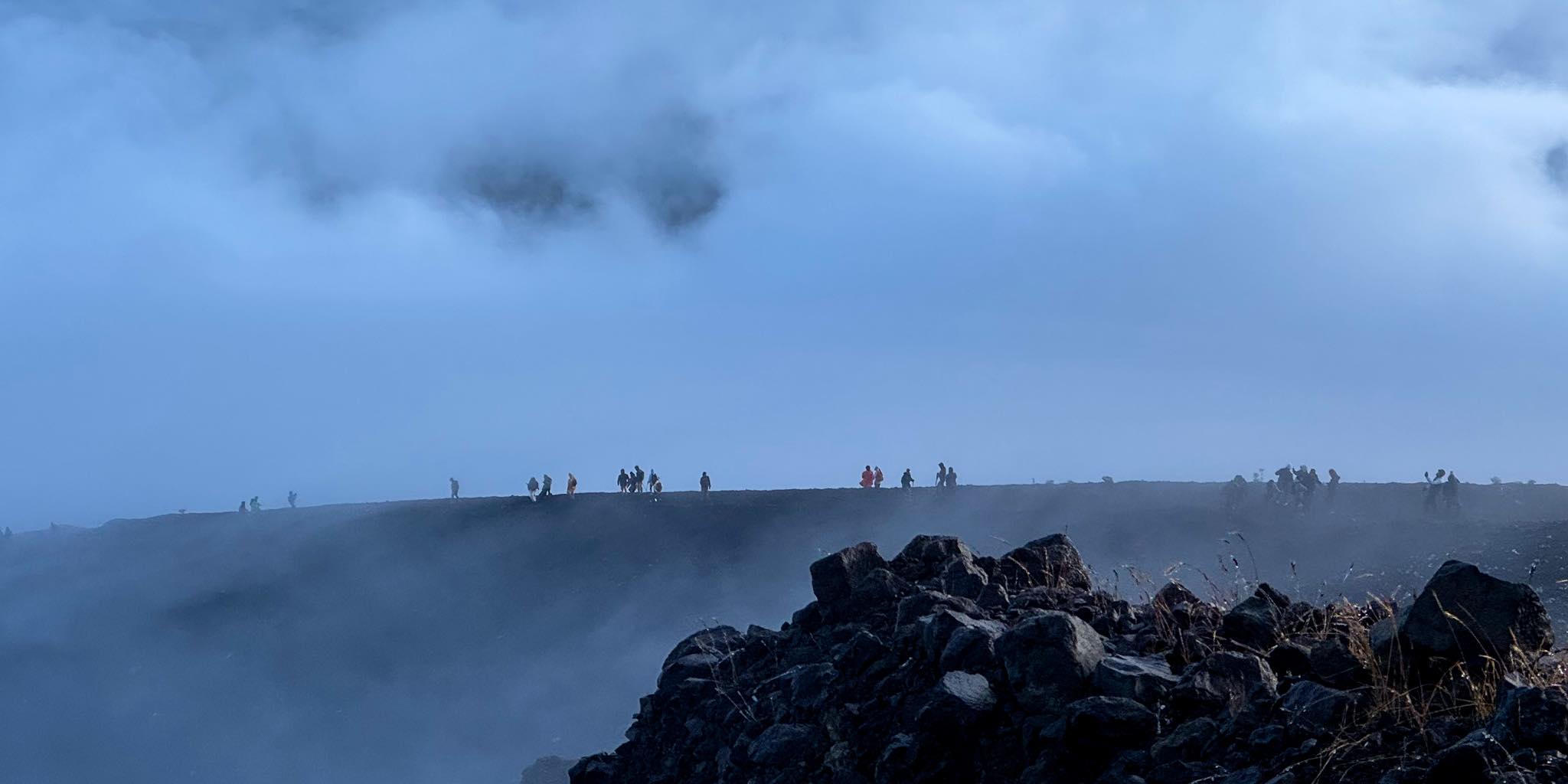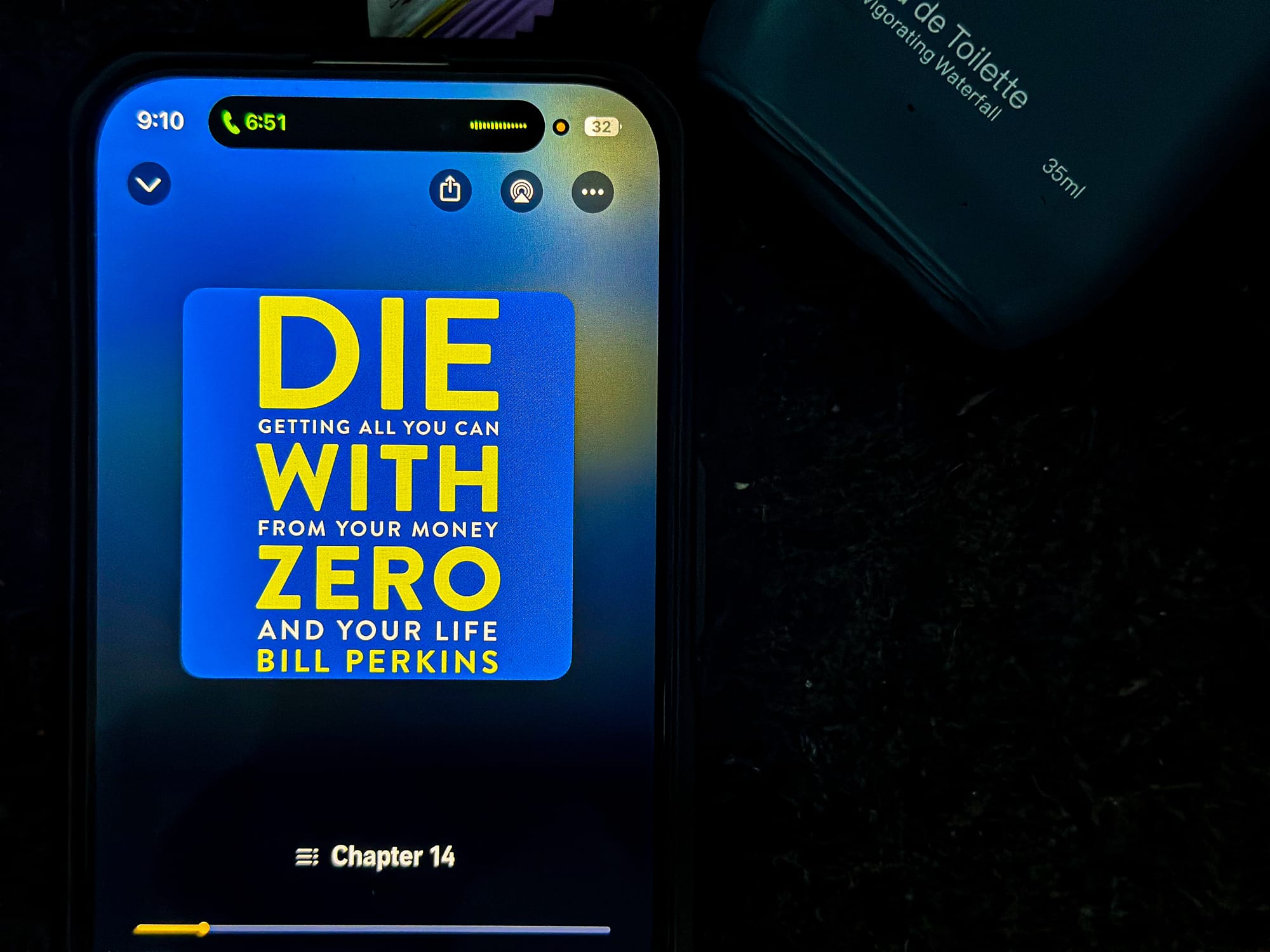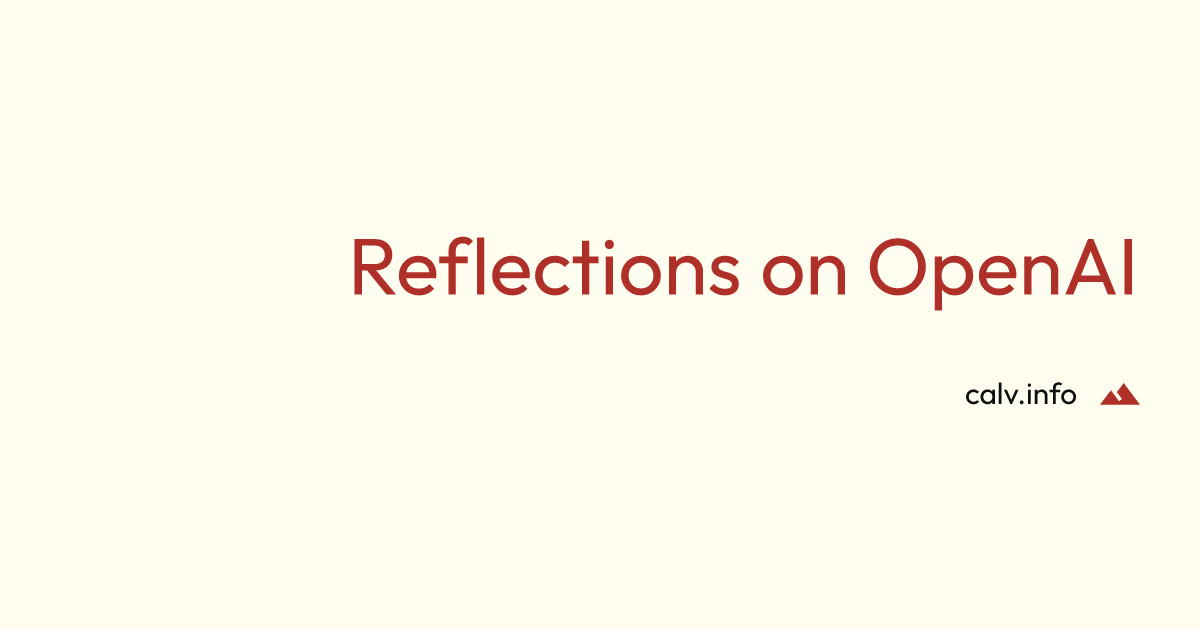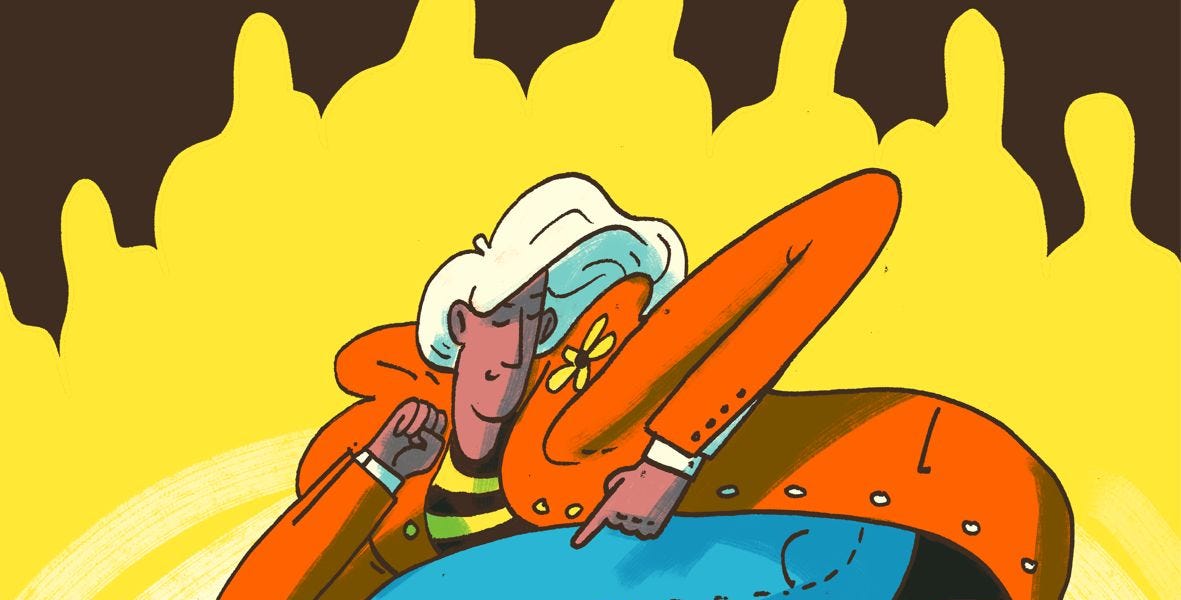for now or later 💭
“Our lives are the sum of our memories. How much are we willing to lose from our already short lives by … not paying attention?”
― Joshua Foer
🎬 Being 100% present
I once heard that instead of asking "Do I want to do this?"
Ask "Is this an experience I want to have?"
That’s what I found myself asking a lot this past year.
It led me to hike mountains I never thought I would, from Fansipan to Rinjani.
Each moment felt like something my younger self only dreamt about.

It reminded me why The Secret Life of Walter Mitty (2014) has always been one of my favorite films, as it's making rounds in my social media feed again. People often see it as a story of escapism, leaving the mundane behind. But I’ve always viewed it differently.
Walter Mitty isn't about escaping to life nor is it about escaping from work.
It’s about being fully present in all of it.
Walter’s quiet dedication to his work carries the same presence he brings into the world when he finally steps out. He doesn't compartmentalize his life. He just shows up fully, wherever he is.
It seems to me that Ben Stiller understood this so well that in Severance, he shows us the horror of the opposite: what happens when we try to split ourselves, when we literally sever work from life. The result isn't freedom. It's fragmentation.

I've been reminded about this because time keeps moving. Some day, I won’t have the same chances I have now: to go on adventures with friends, to build memories with family, to use the energy I have for the work I care about.
Windows close quietly while we’re looking elsewhere.
“the key takeaway... is to strike the right balance between spending on the present (and only on what you value) and saving smartly for the future.”
― Bill Perkins
📘 Die with Zero
I have heard about Bill Perkins' Die with Zero for years now. But I only picked it up recently, mostly because I felt like I needed some nudge. I was hoping I could pick up something that would help me live a little more intentionally.
I was surprised to find a concept I'd been practicing since college: time buckets. Back then, I intuitively started mapping out which experiences belonged in which life periods. The book gave this instinct some structure.

He talked about the idea of memory dividends: A trip at 25 creates stories and meaning that compound over decades. The same trip at 65 won’t return as much, not just because of health or energy, but because there’s less time left for that memory to shape you.
It challenges the default script:
Save hard. Retire late. Hope you’re still healthy enough to enjoy it all.
Instead, the book asks:
What if you optimized for life experiences when they matter most?
Not about spending recklessly; just spending intentionally.
Not just money, but time. Energy. Attention.

He outlines “time buckets” by stages:
- Before 35: The physically demanding adventures. The late nights with friends. The career risks that feel less risky when you have time to recover.
- 35–45: Experiences with aging parents. Adventures with young kids if you have them. The perfect balance of energy and resources.
- 45–55: Deeper travels. Mentoring. Projects that require wisdom more than stamina.
- Beyond: Experiences that improve with age, patience, and perspective.
Of course, these aren’t fixed timelines.
Taking care of your body earlier gives you more time to stretch the active years.
It’s also where he brings in giving. The most meaningful time to give, whether to loved ones or causes, is often not at the end of your life. Giving earlier, while people (and you) can experience the impact, creates its own kind of dividend.
Perkins recommends creating 5-year buckets. In each one, ask:
- What’s my physical capacity likely to be?
- Who’s around me, and for how long?
- What can I afford?
- What experiences are right for this version of me?
Some windows are open now that won’t be later.
Some people are here now who won’t always be.
And some versions of ourselves only exist for a while.
It’s not about spending everything.
It’s about not missing what you were meant to experience, and give, while it still matters.
“Chase memorable life experiences, give money to your kids when they can best use it, donate money to charity while you’re still alive... Remember: In the end, the business of life is the acquisition of memories.”
― Bill Perkins
🔖 Things i saved
- I enjoyed this read which seems to be a good insight inside how OpenAI seem to still operate like a lean organization.

- I recently discovered this Scottish traditional song that I now have on repeat.
- A nice reminder to just do it, even if you might look dumb.



Member discussion